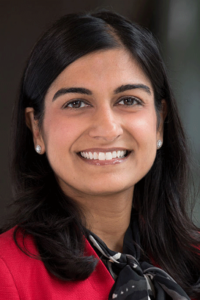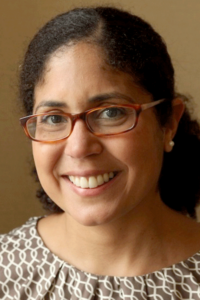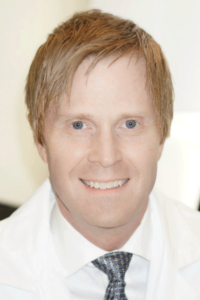
During a two-hour symposium on Friday, June 25, four experts will explore the importance of social justice issues and examine strategies to improve outcomes for some of the most vulnerable diabetes patient populations. The session, Health Care as a Social Justice Issue in the Diagnosis and Management of Diabetes, will begin at 2:00 p.m. ET.
Shivani Agarwal, MD, MPH, will discuss how social vulnerability contributes to difficulties in diagnosing and controlling diabetes and its complications. Without properly screening for social needs and then using that information in disease-management plans, clinicians will rarely achieve optimal glycemic control and patient satisfaction, said Dr. Agarwal, Assistant Professor, Albert Einstein College of Medicine.
“The majority of people with diabetes have social vulnerabilities that are not screened for nor addressed,” she said. “Social needs interventions in and of themselves may improve patient satisfaction, patient follow-up, and health outcomes. And social needs interventions can range in scope and be adapted for resource-deficient and resource-rich practices.”

Shakira Suglia, ScD, MS, Associate Professor, Emory University Rollins School of Public Health, will review her work examining how social factors impact biological risk factors in the development of diabetes and the adverse health outcomes related to diabetes. There is broad understanding of the role that traditional risk factors such as diet and physical activity play in preventing and managing disease, but Dr. Suglia said that addressing these factors requires an understanding of the social and economic stressors behind them, such as food accessibility and using food to cope with stress.
Dr. Suglia noted that the effects of social factors and stressors on cardiometabolic measures can be seen in children as young as 5 years old, especially in more vulnerable populations.
“There are causes to the causes. There are antecedents to all those factors,” Dr. Suglia said. “Physical activity, for example, is impacted by a host of social and environmental factors. As we try to intervene and think about how to address these more immediate things that may be related to health outcomes, we might actually need to take a little bit of a step back and think about what is impacting something like diet and the other behaviors we’re trying to change.”

Frank Wharam, MD, MPH, Associate Professor, Harvard Medical School, will explore the impact of the Affordable Care Act (ACA) on diabetes diagnosis and management.
The ACA has had multiple positive effects on diabetes care through expanded health insurance coverage, but also unintended consequences like failing to contain health care costs or protecting the working poor from high deductibles, Dr. Wharam said. He will review studies that assess the impact of Medicaid expansion, high-deductible health plans, and value-based insurance designs on outcomes such as diabetes diagnosis, quality of care, and acute complications among low-income diabetes patients.
“The Affordable Care Act has had both predictable and surprising impacts among people with diabetes,” Dr. Wharam said. “The next generation of health policies will need to precisely target benefits to vulnerable populations with diabetes to reduce financial burdens and improve health outcomes.”
The session’s final presenter, Monica E. Peek, MD, MPH, MSc, will discuss health care financing innovations that help mitigate disparities in diabetes care. Dr. Peek, Associate Professor of Medicine, University of Chicago, and Associate Director, Chicago Center for Diabetes Translational Research, is studying how racial and cultural barriers affect patient-physician relationships and shared decision-making in her role as an inaugural Faculty Fellow in the Bucksbaum Institute for Clinical Excellence at University of Chicago Medicine.
VIEW THIS PRESENTATION
Already registered?
View this presentation at ADA2021.org
Not yet registered?
Register now to access all presentations from the Virtual 81st Scientific Sessions